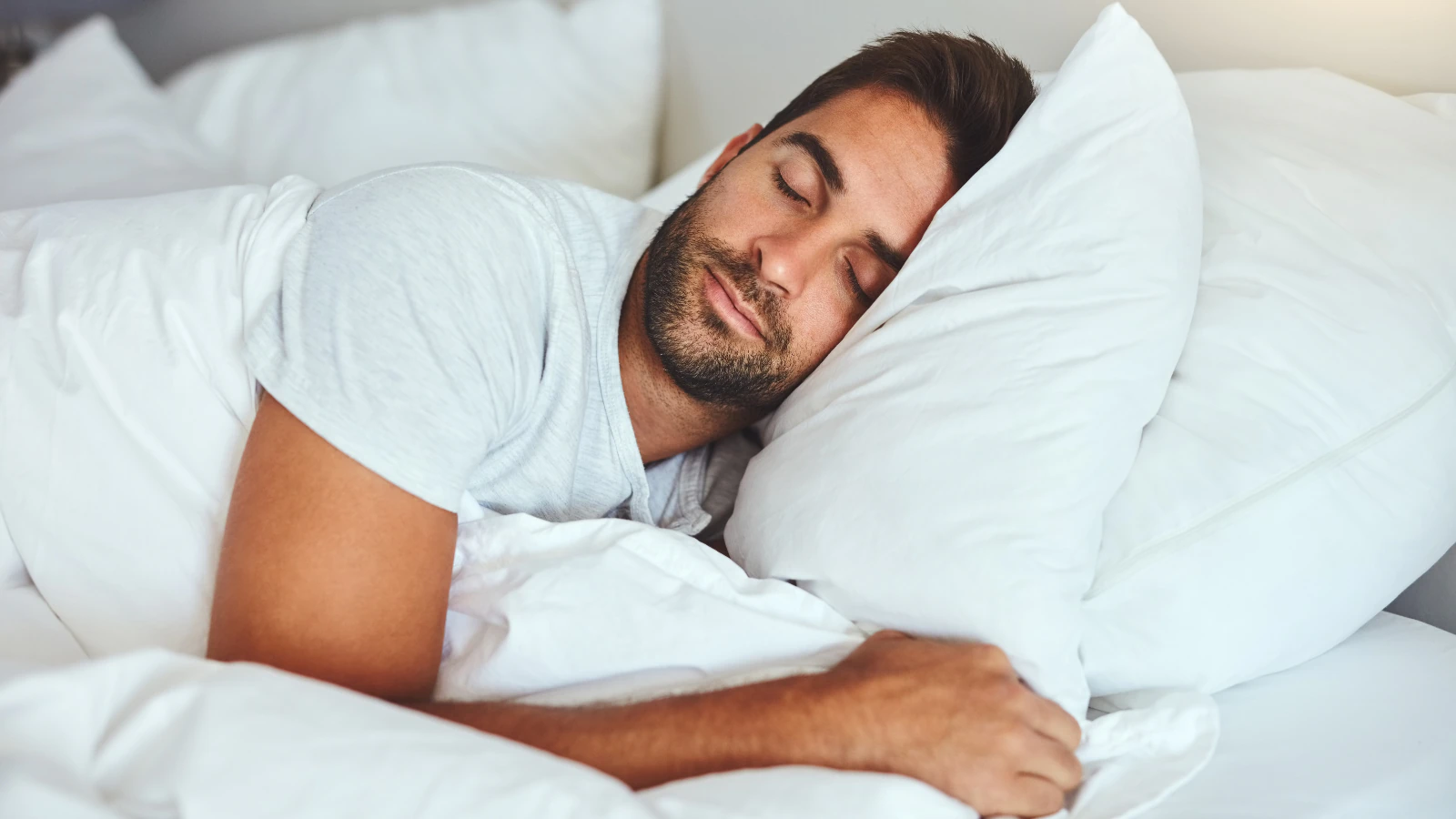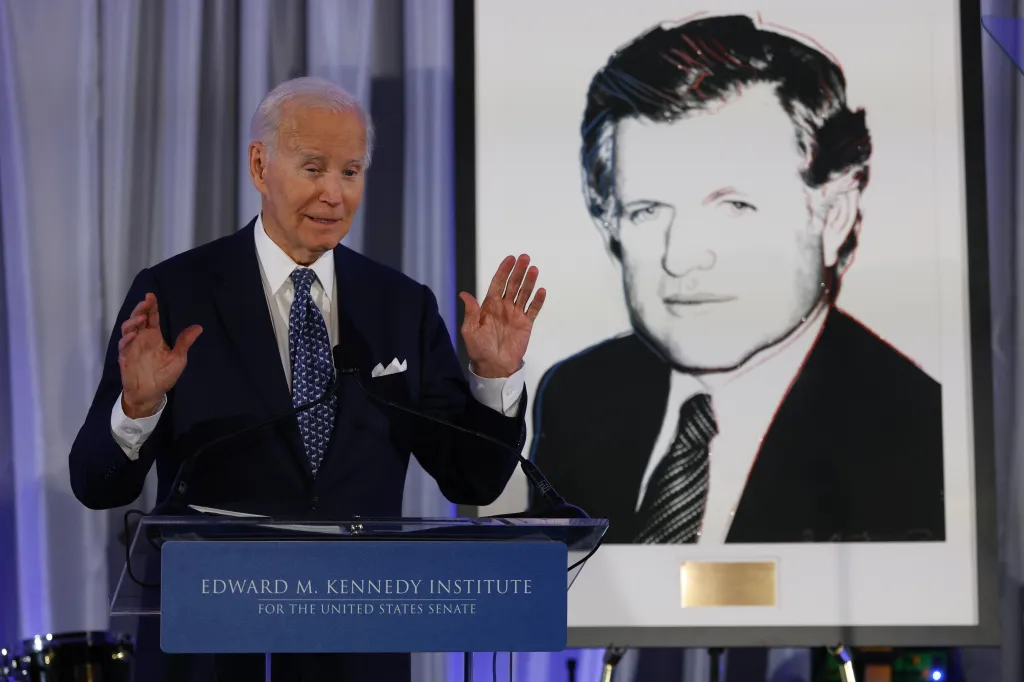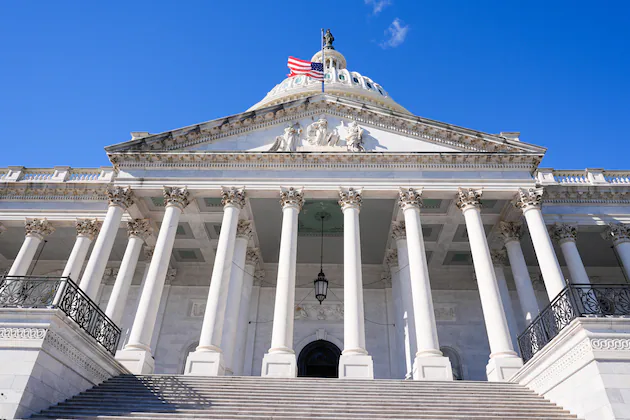Copyright news18

Sleep is an essential part of human life. Experts suggest that seven to eight hours of sound sleep are necessary for maintaining good health, freshness, and vitality. However, in today’s fast-paced lifestyle, many people struggle to get a full night’s rest and instead turn to afternoon naps. According to Chanakya, though, whether daytime sleep is beneficial or inauspicious is a thought-provoking question, and his teachings offer a clear answer. Chanakya’s wisdom extends far beyond politics and economics; it encompasses every aspect of daily life. He believed that those who sleep during the day lose their energy and enthusiasm, becoming physically weaker and less driven towards success. According to him, afternoon sleep shortens one’s lifespan, as it increases the body’s breathing rate and wastes energy meant for daytime activities. In Chanakya’s view, sleeping during the day disrupts the body’s natural energy balance. Nature’s design, he said, dictates that daytime is meant for work, while the night is for rest. Those who break this rhythm go against the forces of nature, leading to diminished physical and mental strength. They often feel lethargic and lack the spark to perform their duties effectively. Modern medical science supports parts of Chanakya’s view. Experts agree that a short nap, often referred to as a power nap, lasting 20 to 30 minutes can be beneficial, helping to restore alertness and energy. However, regular daytime sleep lasting two to three hours can be harmful, disrupting the heart’s natural rhythm and increasing the risk of heart disease in the long term. Several studies have shown that habitual afternoon sleepers may face higher health risks. The effects of excessive daytime sleep are not limited to the body; they extend to the mind as well. Many people report feeling drowsy, irritable, or mentally sluggish after a long afternoon nap. This not only reduces productivity but also dampens enthusiasm for the rest of the day. Chanakya described this as a weakening of the human spirit, adding that excessive daytime sleep can also interfere with nighttime rest. While modern science does not completely dismiss Chanakya’s views, it offers a more balanced perspective. A brief rest of 15 to 20 minutes during a demanding day can help recharge the body and mind, but longer naps may disturb the body’s natural rhythm. Thus, an afternoon nap should be a short rest, not an extended sleep. The essence of Chanakya’s teaching is simple: discipline is the foundation of success. He emphasised the value of time and self-control. In Chanakya’s words, “Those who sleep during work lose their future in sleep.” For those seeking success, alertness and balance are key. In conclusion, while Chanakya viewed afternoon sleep as inauspicious, modern science suggests that a short, controlled nap can be beneficial. The ideal approach lies in maintaining balance, ensuring discipline in both sleep and work to achieve lasting health, energy, and success.



